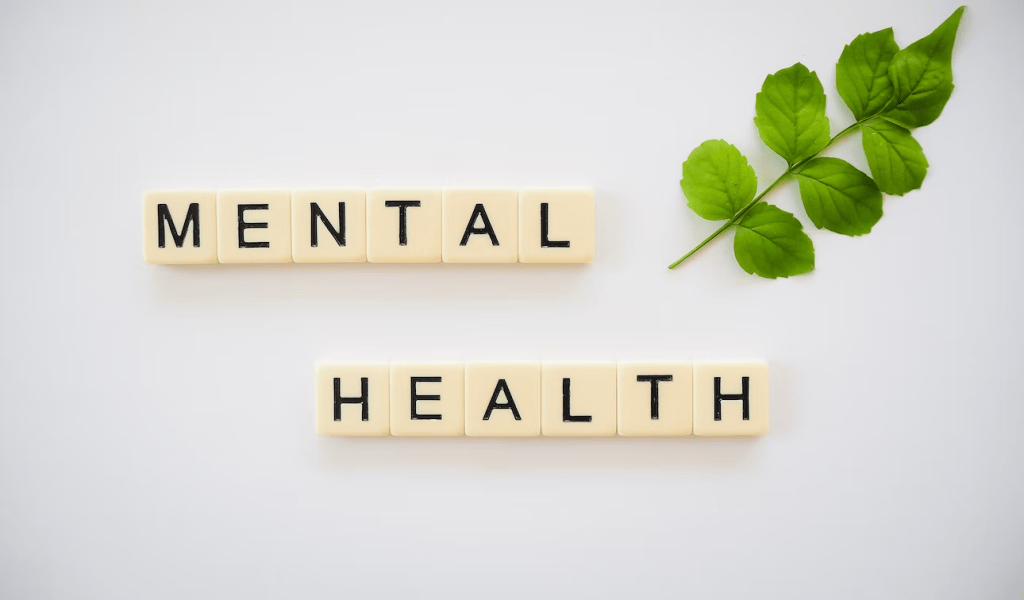Life is full of changes, some of which can impact our mental health in significant ways. Whether these changes are positive or negative, they can bring about a range of emotions and challenges that can affect our well-being. In this article, we will explore some of the life changes that can impact your mental health and provide some tips on how to manage these transitions.

Moving to a New City or Country
Moving to a new city or country can be a thrilling experience, but it can also be a significant source of stress and anxiety. Leaving behind familiar surroundings, friends, and family can leave you feeling isolated and alone. The process of adapting to a new culture, language, and way of life can be overwhelming, especially if you are not prepared for the challenges that come with it. One way to manage this transition is to seek support from a therapist in Denver if you’re from there. A licensed therapist can provide you with the tools and resources you need to manage your anxiety and stress, help you identify coping strategies, and offer guidance on how to adjust to your new environment. They can also help you navigate the challenges of building new relationships and finding your place in your new community.
Financial Changes
Financial changes can also impact your mental health, particularly if you are facing significant financial stress or hardship. If you are experiencing financial difficulties, it is important to seek support and guidance. This might include talking to a financial advisor, seeking assistance from a non-profit organization, or simply talking to a trusted friend or family member. By addressing your financial concerns, you can reduce stress and anxiety and improve your overall mental well-being.
Starting a New Job or Career
Starting a new job or career can be an exciting and challenging time. It can bring about new opportunities for growth and advancement, but it can also be a source of stress and anxiety. The pressure to perform well, meet expectations, and navigate new workplace dynamics can be overwhelming. To manage this transition, it is essential to take care of your mental health. This can include setting realistic goals, taking breaks, and practicing self-care.
Relationship Breakups or Divorce
Relationship breakups and divorce can be some of the most challenging transitions to navigate. The loss of a partner and the end of a significant relationship can bring about feelings of grief, sadness, anger, and loneliness. It can be challenging to move on and adjust to a new way of life. To manage this transition, it is essential to seek support from loved ones and professionals. This can include talking to a therapist, who can help you work through your emotions, identify healthy coping strategies, and offer guidance on how to move forward. It can also be helpful to prioritize self-care, engage in activities that bring you joy and fulfillment, and take the time you need to heal and process your emotions.

Changes in Your Physical Health
Physical health changes can also have an impact on your mental health. If you are dealing with a chronic illness, injury, or other physical health concerns, it can be challenging to cope with the impact on your daily life. It is important to seek support from your healthcare provider, engage in self-care activities, and find ways to maintain your quality of life. This might include finding ways to adapt your daily routine, focusing on activities that bring you joy and fulfillment, and seeking support from loved ones.
Family Problems
Finally, family and relationship changes can also have a significant impact on your mental health. If you are going through a divorce, separation, or other family changes, it can be challenging to cope with the impact on your emotional well-being. It is important to seek support from loved ones, engage in self-care activities, and consider talking to a counselor or therapist. By addressing your emotional concerns, you can reduce stress and anxiety, improve your relationships, and improve your overall mental health.
Life changes can have a significant impact on our mental health. Whether it’s moving to a new city, starting a new job, going through a breakup, or dealing with physical health concerns, it’s essential to prioritize our well-being and seek support when we need it. This might include seeking guidance from a therapist or counselor, making small lifestyle changes, finding ways to maintain a sense of routine and structure in our lives, and seeking support from loved ones. By taking care of our mental health, we can improve our overall well-being, build resilience, and navigate life’s challenges with greater ease and confidence.



